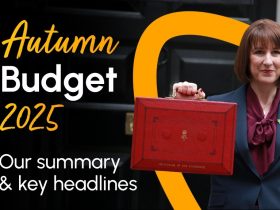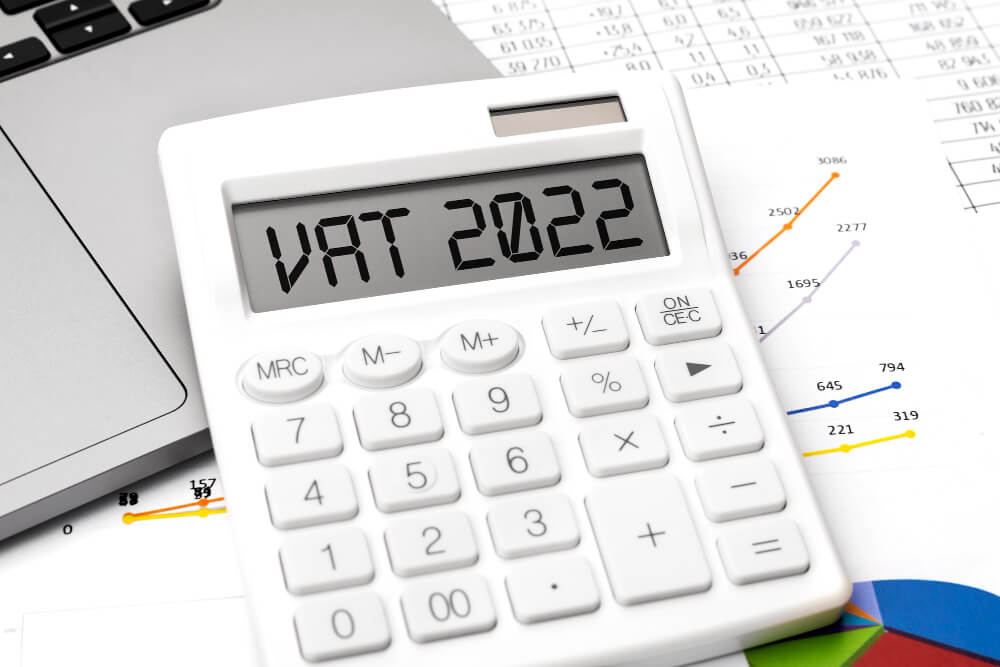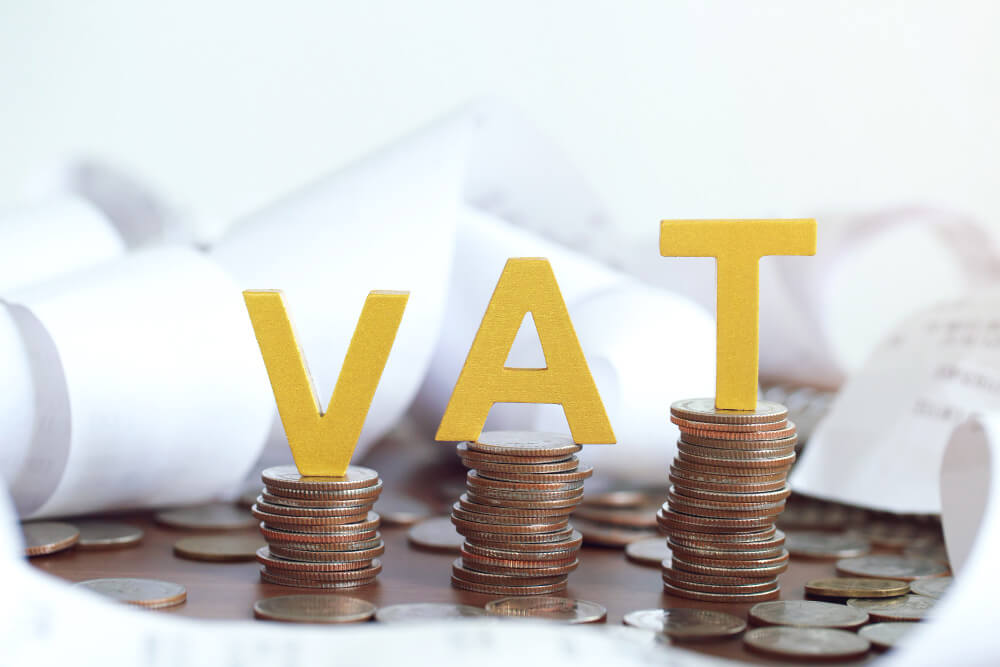The VAT default surcharge system has been replaced by a new penalty regime for VAT return periods starting from 1 January 2023 onwards. The changes will affect everyone who submits VAT returns, including nil and repayments. The new regime defined distinct penalties for late VAT payments and the missing deadline for VAT return submission. The new penalty regime changes the way of calculating interest when taxpayers make late payments to HMRC and vice versa.
Table of Content
Key highlights
● Points based system like driving license- 1 point for each late submission
● Penalties apply when certain number of points accumulated
● Resetting of clock
● Interest on refunds
● Exemptions from penalties to one off, first and final VAT returns

What is the new VAT returns penalty point system?
HMRC intends the new penalty point regime for late VAT returns across all taxes in time but is less severe for taxpayers who occasionally miss deadlines. Each time a taxpayer misses a deadline for VAT return filing, they will accumulate 1 point.
The points will expire after a certain period unless you exceed the penalty threshold. A significant new development in the regime is that points can now be won for late nil and repayment returns.
When you reach a relevant number of points, a penalty of £200 will be incurred. All subsequent missed dates will result in a penalty.
Points for penalties
You will incur a penalty when your total points equal these thresholds.
Submission period – points threshold
● Annually – 2 points
● Quarterly – 4 points
● Monthly – 5 points
VAT returns that do not charge penalties
Certain situations related to late VAT returns filing don’t trigger point accumulation, and these are summarised below:
● If you’re newly registered for VAT, and it’s your first VAT return filing
● If you have cancelled VAT registration, and it’s your final VAT return filing
● If the one-off returns cover a specific period which is other than a month, quarter, or a year
Resetting the points clock
The accumulated points won’t automatically expire once you trigger a penalty; instead, you must meet a longer test for good compliance for a defined timeframe and submit any outstanding returns due in the previous 24 months to reset the clock. The good compliance period depends on the return cycle, as given below.
Submission timeframe – Compliance period
● Annual – 24 months
● Quarterly – 12 months
● Monthly – 6 months
Late payment penalties
The new penalty point has two steps, fixed penalties and daily penalties. The later you pay, the higher the penalty rate is charged.
| First late payment penalty | Second late payment penalty | How to avoid penalty? | |
| Payments late, up to 15 days | No penalty. | No penalty. | N/A. |
| Payments late between 16 and 30 days | 2% of the outstanding amount on day 15. HMRC will help the business transition to the new regime by not applying the rule during 2023 unless it is late by 30 days. | No penalty. | Pay in full. Ask for a Time to Pay arrangement. |
| Payments late for more than 31 days | A 2% penalty of the outstanding amount on day 15, with an extra 2% penalty on the outstanding amount on day 30. | A 4% per annum on the outstanding amount. Charged every day from day 31 until VAT is paid in full. | Pay in full. Ask for a Time to Pay arrangement. |
Even in cases where a time-to-pay arrangement has been agreed upon, interest on past-due taxes will continue accumulating and be charged starting on the due date at the Bank of England base rate plus 2.5%.
Example:
ABC ltd makes VAT payment for the quarter ending 30 September 2024 late by 31 days or more overdue.
The total VAT liability is £100,000. The company pays the VAT 73 days after the due date.
HMRC charges a first late payment penalty of £600, calculated at:
● 2% of the amount outstanding at day 15 (2% of £100,000 = £2,000)
● 2% of the amount outstanding at day 30 (2% of £100,000 = £2,000)
From day 31 until day 72, HMRC also charges a second late payment penalty calculated daily at an annual rate of 4% on the outstanding amount of £100,000.
This works out as 42 days (£100,000 x 4% x 42/365 days) = £460.27
The total penalty that the company is charged for paying 72 days late is £4,460.27 from the:
● first late payment penalty of £4,000
● second late payment penalty of £460.27
How to avoid a penalty?
The best way to avoid penalties is to file returns and pay VAT on time. Even if you cannot pay the VAT bill, you must file the return on time to avoid the risk of £200 penalties and approach the HMRC for a Time To Pay Agreement.
After introducing the new system, HMRC has decided to offer a ‘period of familiarisation’ to all businesses to get accustomed to the current changes. It means businesses will not be penalised for the first late VAT payment up to 30 days up to 31 December 2023.
Businesses have the right to challenge a late filing point or a late VAT payment penalty within 30 days of receiving notice of the point/penalty from HMRC. It is done by requesting HMRC to conduct an internal review of the decision or appealing to the First-tier Tax Tribunal.
However, the taxpayer must give a ‘reasonable excuse’ for not meeting the relevant deadline in all cases. The definition of reasonable excuse remains the same as defined by the UK government. Shortly, you can appeal to HMRC via an online option.
In recent years, a subsequent number of default surcharge disputes have progressed to the tribunal, and HMRC hopes that the new penalty point regime will result in fewer taxpayer challenges.
Existing default surcharges
From 1 January 2023, a business will start with a ‘clean slate’ for late VAT filing and payment penalties. There are no transitional provisions; however, returns with a starting date prior to 1 January 2023 will still be subjected to the Default Surcharge Regime, and HMRC will issue and enforce any penalties under the existing regime.
How will interests be charged on late payments?
The new regime covers Default Interest when taxpayers are late in paying the HMRC and Repayment Interest when HMRC is late in paying taxpayers. The new system addresses this in a consistent way while eliminating the historic Repayment Supplement regime for periods beginning on or after 1 January 2023.
The Repayment Supplement Regime compensates taxpayers when HMRC is late in making repayment for more than 30 days considering the accounting periods when the clock was halted and resumed for HMRC queries and taxpayer replies. This was accomplished by adding 5% to the VAT return repayment, but this system is applicable only to VAT returns. It did not extend, for instance, to refund requests made under the Voluntary Disclosure system, where HMRC has experienced significant delays recently.
Default interest
HMRC charges the late payment interest from the first day when the payment is overdue and calculates for the whole period until the day it is fully paid. It is calculated as per the Bank of England base rate plus 2.5%, which is 6% as of early January 2023.
The interest is applicable to late VAT returns, payment due under HMRC assessments, VAT owed to HMRC under the Voluntary Disclosure system, late PoA (Payment on Account) instalments for VAT, and overdue VAT penalties.
In some cases, like when a VAT is paid in instalments under a Time To Pay arrangement, you need to pay interest to the HMRC on the outstanding balance until it is completely paid.
Repayment interest
For periods beginning on or after 1 January 2023, if HMRC is late in repaying, taxpayers will be entitled to repayment interest on any VAT owed.
Repayment interest is calculated at the Bank of England base rate minus 1%, with a minimum of 0.5%, and it is 2.5% in early January 2023.
The repayment starting date is based on whether the VAT being sought has already been paid to HMRC on a VAT return.
- If you have already paid the VAT claimed to HMRC, then the repayment interest is charged after the date the VAT was originally paid and the payment deadline for the accounting period in question.
- If you haven’t paid, the VAT claimed to HMRC, the repayment interest starts after the deadline for the period in question and the submission date of the VAT return or claim statement.
Like any other taxes, HMRC may set the overpaid VAT against different owed taxes to HMRC, and repayment interest ends at the set-off date.

Wrapping up
Businesses must understand that penalties and interests can significantly impact their finances. Therefore, you must always take VAT obligations seriously and stay on top of VAT returns and payments. However, experts can help you avoid paying costly penalties with the new point penalty regime of HMRC.









